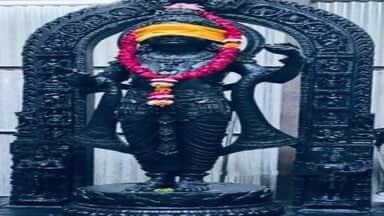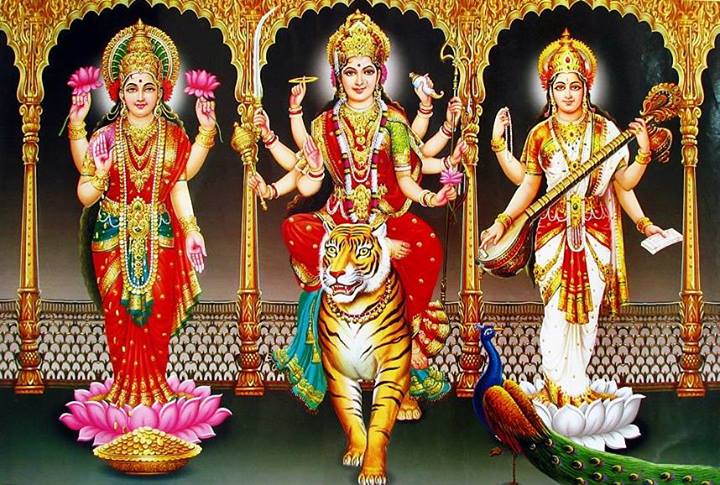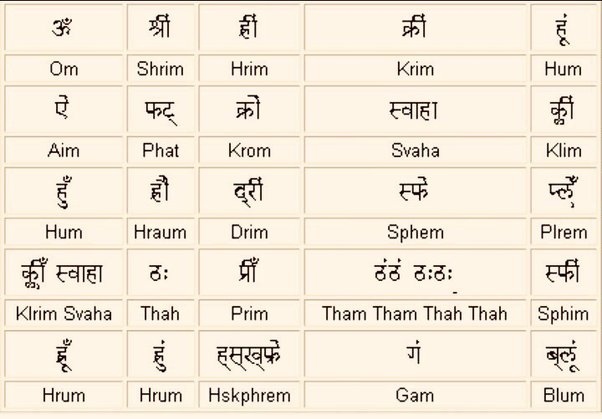I have wondered why English Dictionaries like Oxford, Webster’s have been reluctant to acknowledge and attribute the etymology of English words to Sanskrit as Greek and Latin also trace their origin to Sanskrit and many English words are straight from Sanskrit and from Tamil ,another ancient language of India( The term ‘Catamaran’ to denote a small ocean going vessel ,skiff , is from Kattumaram கட்டுமரம்,in Tamil.
Reverse of the myth of Invasion had happened !
Please read On …..
| Do as the Joneses do” , is the dictum which people usually follow. Even so-called Scholars are no exception to this rule. They too have a penchant for repeating what the Joneses (i.e. Sir William Jones, Max Muller and company ) have said. This attitude has stifled scientific research in every academic field. | ||
| “Since the sphere of Indology, contemporary Scholars and the academic bureaucracy tend to cling tenaciously to pronouncements made 100 or 200 years ago by those in authority. | ||
| “This sad conclusion of mine was reinforced some time ago when I wrote to the Chairmen of the boards of editors of the Oxford and Wedster’s English Dictionaries, suggesting that since English was directly derived from Sanskrit the Greek-Latin basis of their etymology should be promptly abandoned. | ||
| “While the Oxford people wrote back that they wouldn’t like to drift away from teir 150 year-old etymological moorings, Wedster’s argued that since Englishmen were not even aware of the existence of Sanskrit until about 400 years ago, the English language which is older than 400 years couldn’t have been derived from Sanskrit. This Websterian argument unwittingly reveals the exact snag. It is their historical short-sightedness which is blurring their etymological perspective They seem to be ignorant that though Euro9peans ventured into Asia only 400 yars ago Indians were present in Europe and other parts of the World as administrators and educators right from the dawn of Civilisation. |
Indra Apsaras Moksha in Russia
Sanatana Dharma was in practice in Sri Lanka,Malaysia, Cambodia,Vietnam, Laos, Philippines,Japan,Fiji,China, New Zealand, Australia on the eastern side of the present India, Middle East, Bulgaria, Hungary, Italy,Spain,France, Britain, African Continent, South America, Central America,Mexico and North America(US). This Sanatana Dharma had Dravida or South India conncetion. This becomes evident when one reads Sanskrit Literature and…
Keep readingNine Vedas From Russia Audio
Russian connection to Sanatana Dharma is complex,intriguing,interesting and merits detailed study. This is because there is evidence, I have written in detail abiut each of them, Vedas ,specifically the Rig Veda was composed in the Arctic, Indra’s City Amravathi is near Baikal,Russia, Indra’s Vaikanasa Theertha is Lake Baikal, Rig Vedic Swasthik Mandala city is…
Keep readingSita Lake, Village in Khabarovsk Russia
The Sita River is a river in the Khabarovsk Territory . The sources of the river are swamps, located near the village of Sita,
Keep readingVaikunta Ekadasi,Vizhnyir Ekoratsya Vikhunh in Russia
Now one more to establish the presence of Sanatana Dharma in Russia.
That is the observance of Vaikunta Ekadasi,the vrat,the practice of fasting in Russia.
It was called ‘Vizhnyir Ekoratsya Vikunh’
Keep readingAllirani Tamil Amazon Queen Russian Link?
Considering these facts it is possible that Allirani was an Amazonian Queen and she could have conquered lands we now call Russia.
Keep readingSanatana Dharma Tamil Culture From Russia to Micronesia Yamanya Culture
Vedic Culture and Tamil Civilization extended from Russia, through the middle east, South Asia to Australia to Micronesia.
Keep readingShiva Domes In Russia Vatican Roman Baisilica US Capitol
I have information from Jewish Site that states the worship in the above religions has its roots in Hinduism.
Construction of places of worship,
Method of worship with the help of Rosary,
Perambulation,
Method of Praying,
Keep readingKrishna’s Son Pradhyumna’s City In Por Bajin Siberia
Even ancient Hindu mythology states that the forefathers of the Hindus came down in successive waves from Eastern Siberia (Uttara Kuru). Even now, the major tribes in Eastern Siberia bear virtually the same names as the three major grass-roots Indian groups: Saka, Buryat, and Yakuts. In India, they became the Saka (Scythians), Bharats, and Yakhu-Deva…
Keep readingVishnu Idol Found In Russia Volga Land Of Sanatana Dharma.
The Rig Veda was composed in the Arctic.
Siberians invoke Ayur Devathas.
There is also a thought that Sanatana dharma was flourishng in the Volga Region.
I shall be writing on this in detail.
In the meanwhile it is reported that a Vishnu Idol was found in Russia.
An ancient Vishnu idol has been found…
Keep readingRig Veda Composed In Russia?
One of his last works was a book India & Russia – Linguistic & Cultural Affinity.
He took voluntary retirement from the Indian Foreign Service in 1973.
He was awarded the Padmasri , High Honour by the president of India in 1973.
He states that the Folklore of Russia resembles Sanskrit when sung……
I am…
Keep readingSanskrit Inscription Olkhon Island Baikal Lake Russia.
The image above is Shaman rock and cape Burhan on Olkhon Island, Baikal Lake, Russia. I had written in my earlier article that there is a Sanskrit Inscription in Baikal area. As the article was about Krishna’s palace in Por-Byzhyn,I did not detail on the inscription. There is a Sanskrit inscription in Rock Shaman. ‘ Cape…
Keep readingSiberians Invoke Hindu Ayur Devata, Hanuman Temple River Tara, OM
‘Three Hindu gods. The one at the left known as Ayu Devata (God of life) is still invoked in Siberia if some near and dear one falls seriously ill. The other two are just samples of the many gods and goddesses sold in the bazar of Ulan Bator, the capital of Mongolia. These indicate how…
Keep reading











Leave a comment